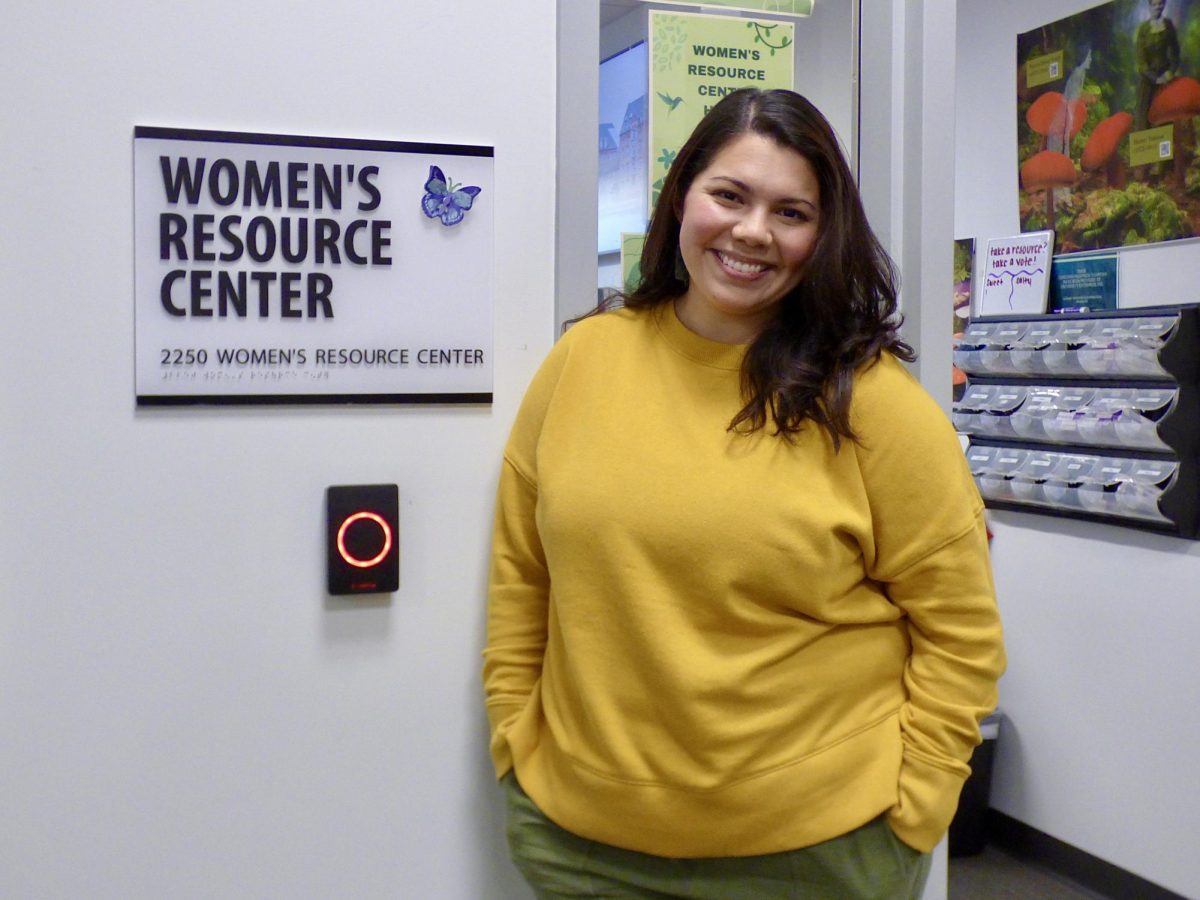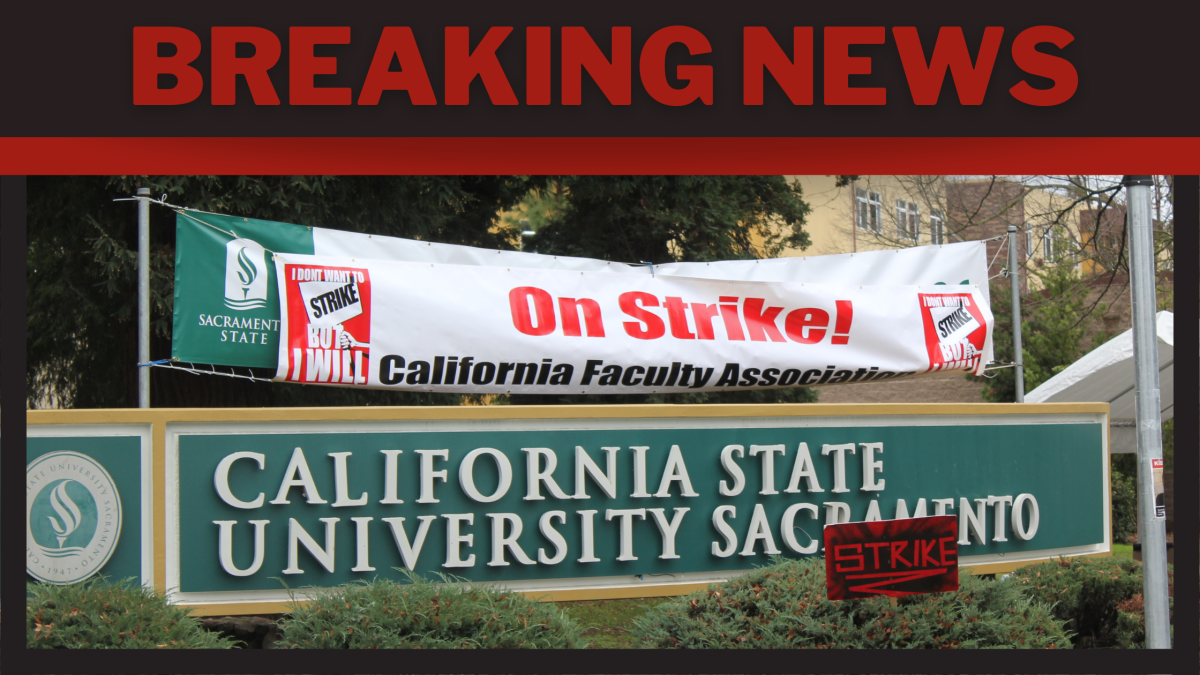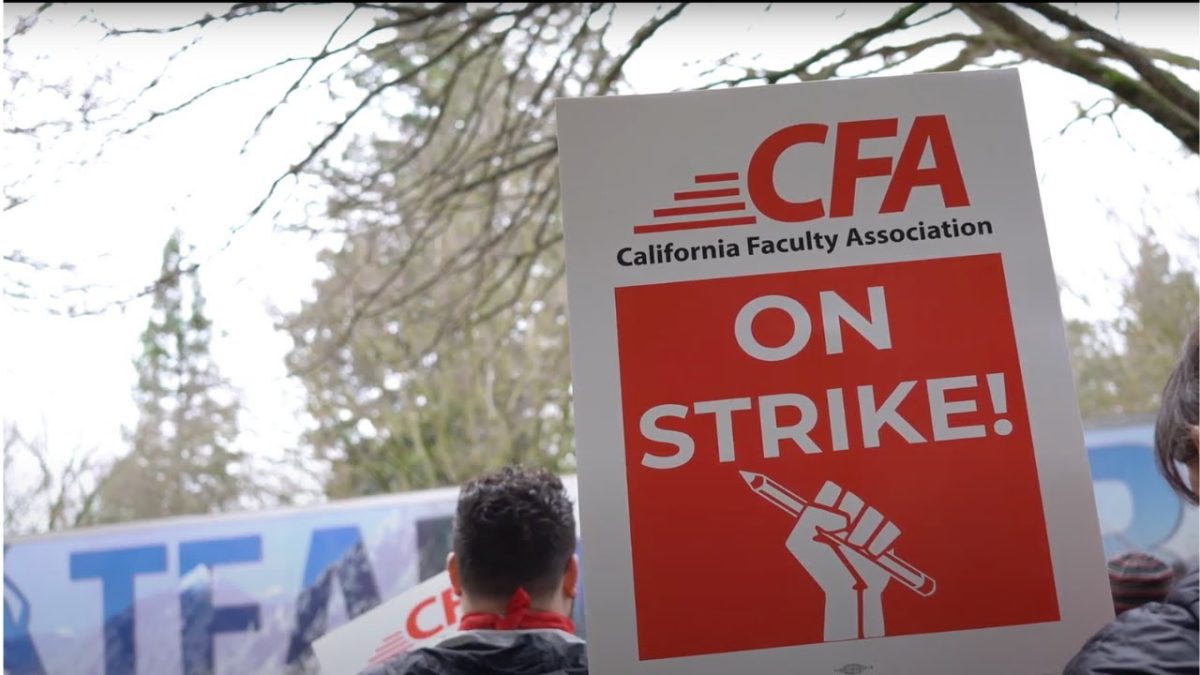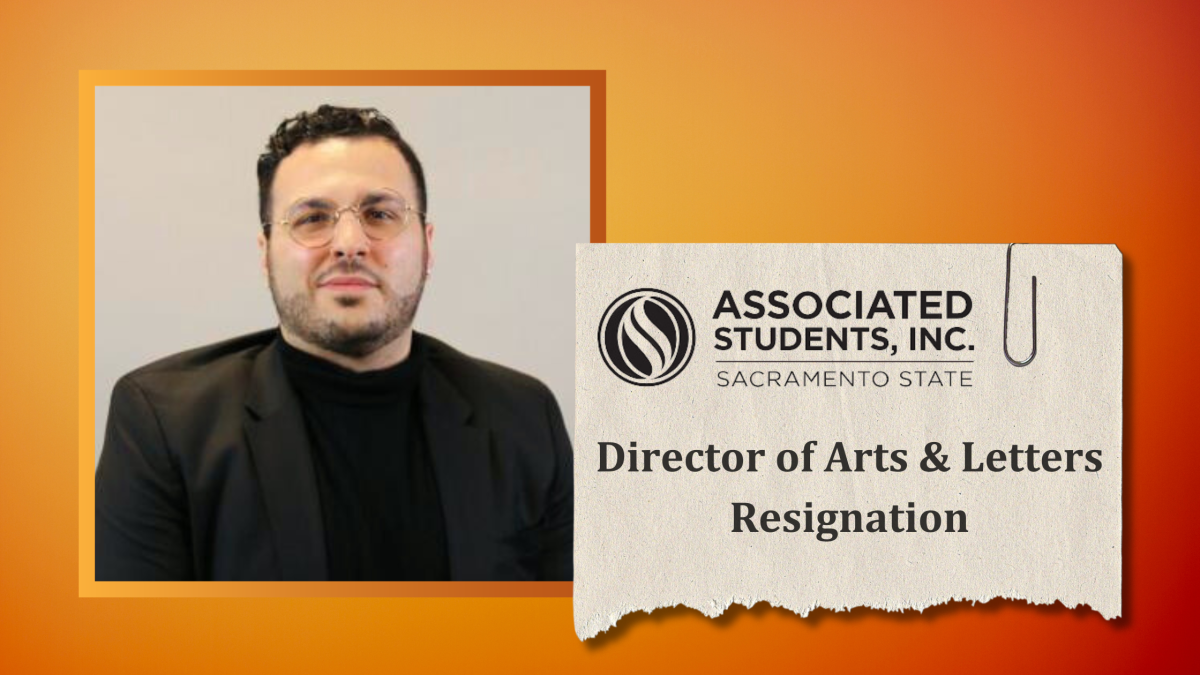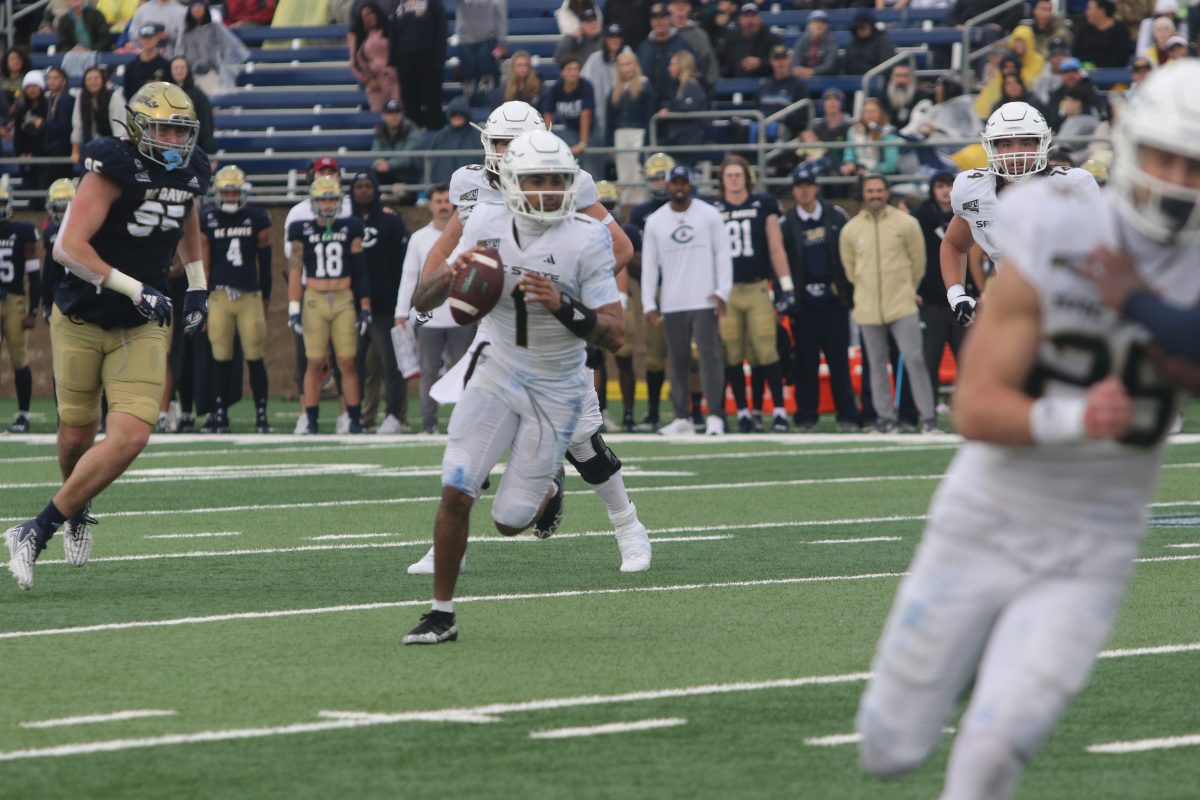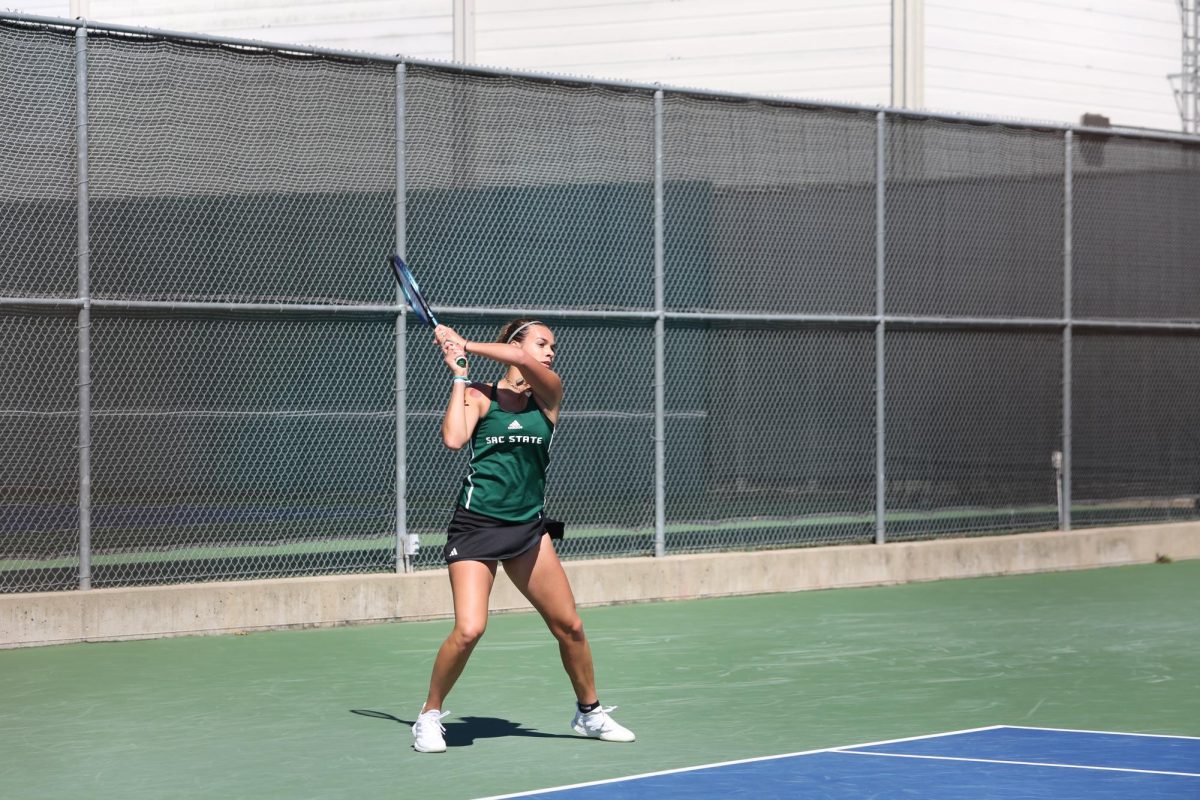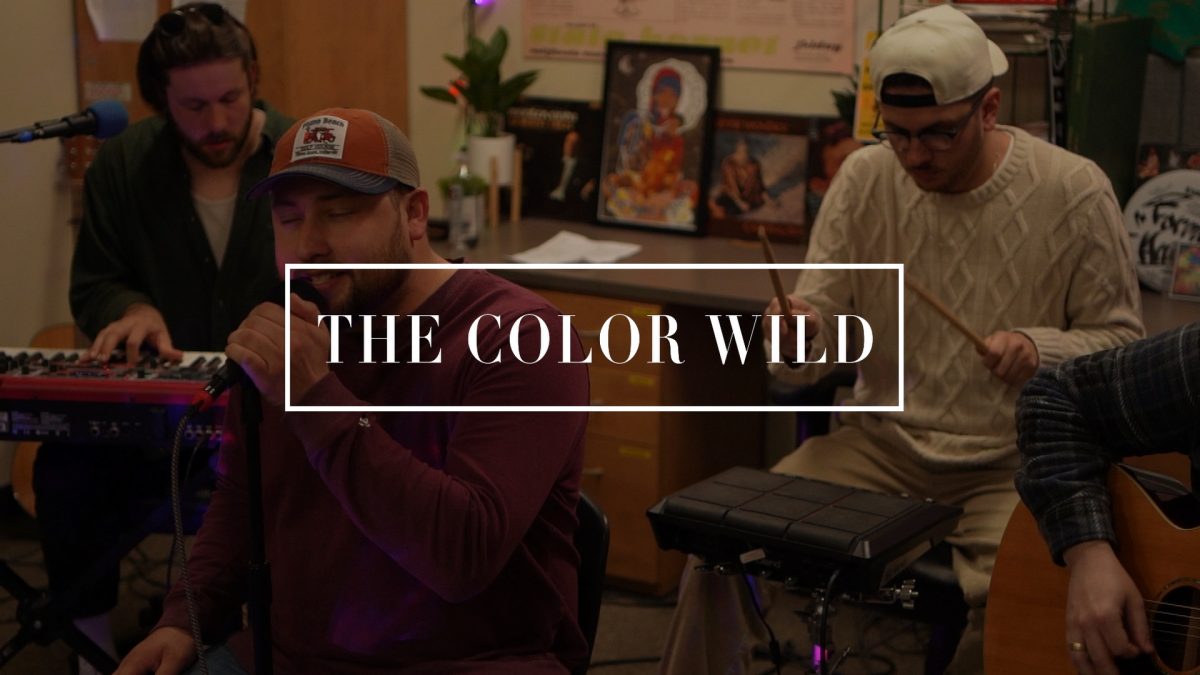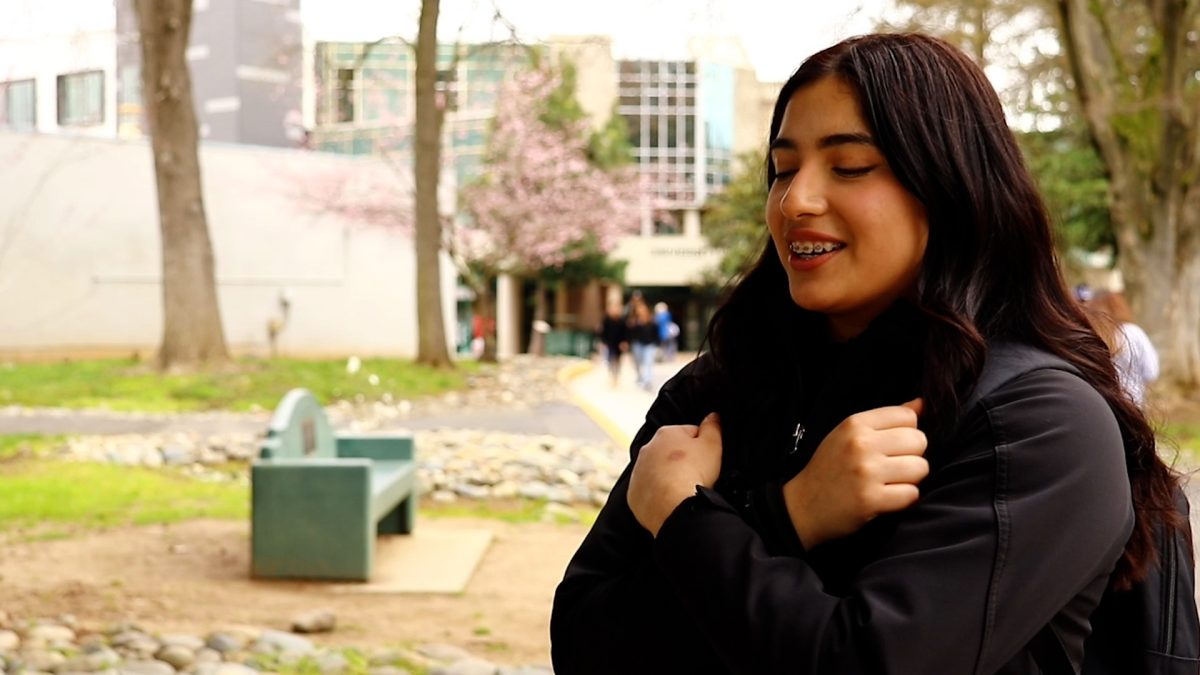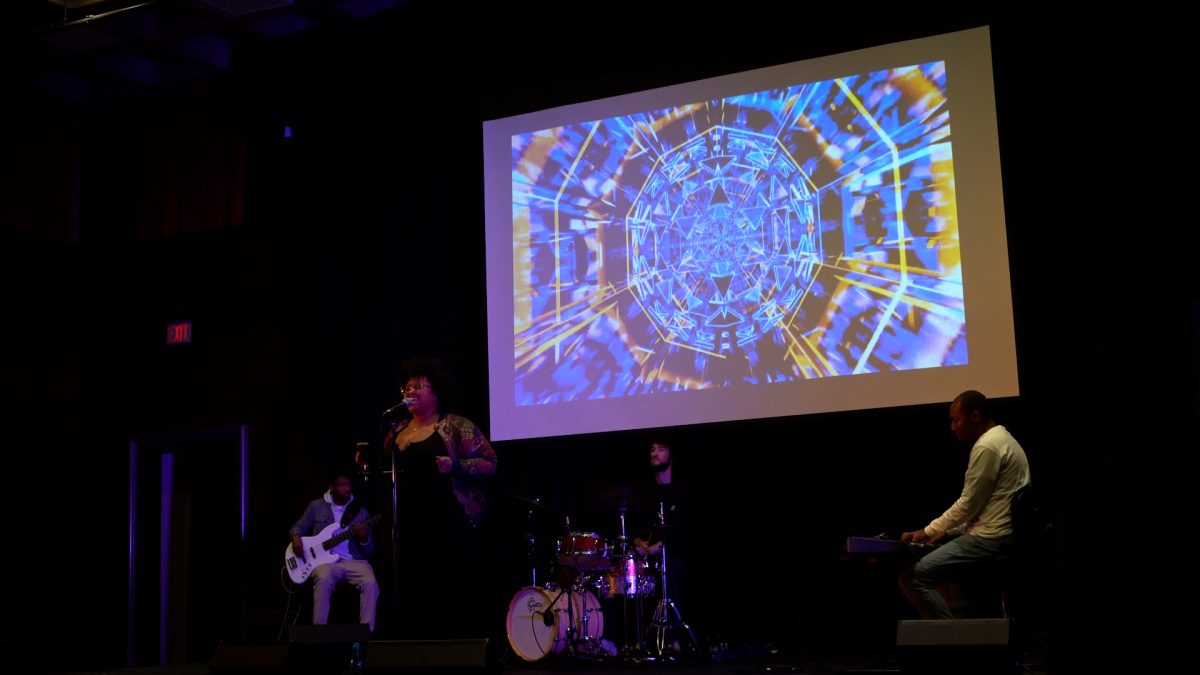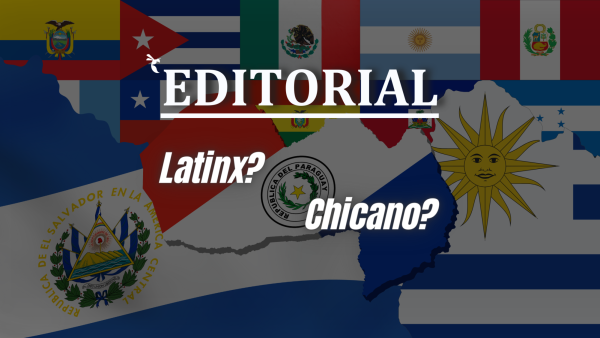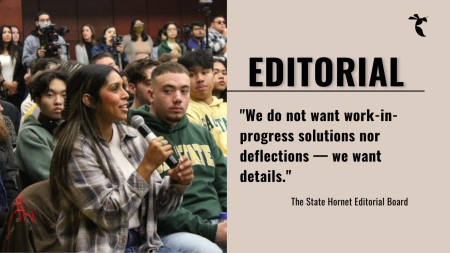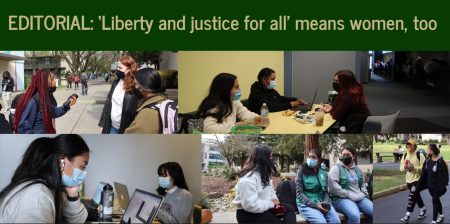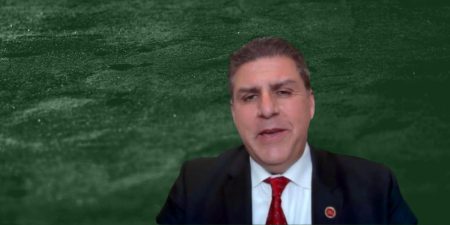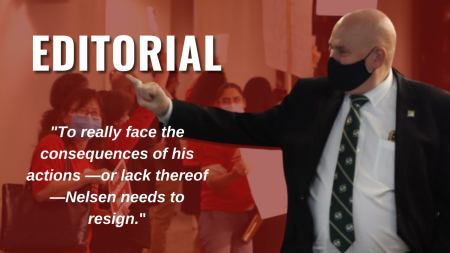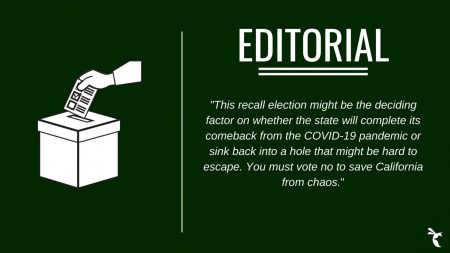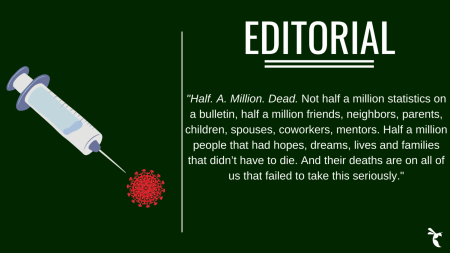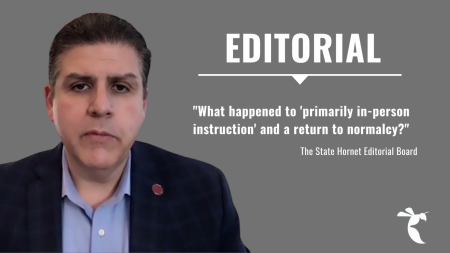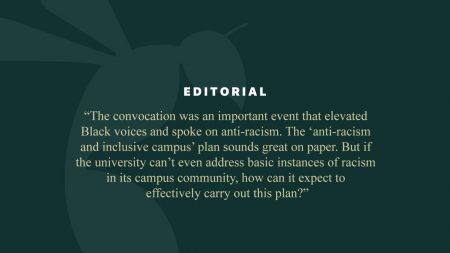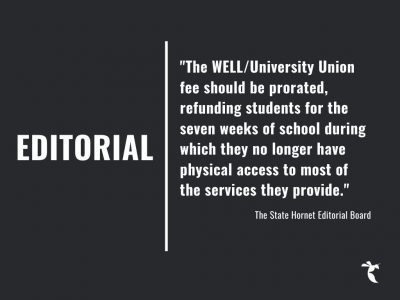Addressing a controversial topic
October 8, 2013
Last Wednesday, a crafty and anonymous individual rang the desk bell at The State Hornet office to deliver a copy of the paper with the words “total bullshit” scribbled over an opinion story discussing the validity of race and diversity courses.
Meanwhile, more insightful commentary streamed through the Hornet’s website, Twitter and Facebook, letters to the editor scrutinized the author’s opinion and race and diversity professors addressed the story with their respective students.
We all thrive on a college campus where debate, reason and critical thinking must take place. Universities are beacons of thought and logic. Whether it takes place inside or outside of a classroom, the exposure to and intricacies of real-world problems during our college years shapes us, making us more self-aware and well-informed.
It began in the 1950s and 1960s, when campuses became notorious for student radicalism, liberalism and rioting. By closely examining national political situations and participating in action and deliberation, students garnered attention for critical issues, such as racial segregation.
The modern college approach to higher learning is exactly what is taking place. The utilization of social media by our campus audience to speak strongly and candidly regarding race and diversity is not only encouraged, but applauded.
Based on the experiences of a portion of students in race and diversity classes, some felt the subject matter was unbalanced.
The article was not racist in nature. As is the case with all Hornet articles, it was intended to spark discussion on a topic. It does not necessarily reflect the opinion of the entire Hornet staff.
But even as the discussion ensues, it is also important to remember that no single opinion story can fully describe an author’s attitude toward the subject.
This is because the Socratic Method, which is based on asking and answering questions to encourage higher thinking and thought, teaches us to inquire and enrich our knowledge.
Socrates once said “wisdom begins in wonder.” He also argued that understanding his own ignorance allowed him to be more informed and conscious of the world around him.
By embracing open conversation, curiosity and the limited scope of individual experiences, we widen our understanding and open our minds. By seeking out the opinions of others and asking questions, we expand our awareness and uphold the tenets of democracy.
It is the idea of an open society in which citizens can speak freely about their beliefs, values and standards. It is the idea of open forums, whether in a virtual universe or inside a classroom. It is the idea that we not only value, but utilize obtained knowledge to make the world a better place.
The anonymous copy of the paper hangs proudly on a wall. It serves as a symbol to the fact that the Hornet is responsible not only for raising mindfulness of important and controversial issues, but also for being critical of problems students may or may not face.
By accepting such a rewarding obligation, the Hornet partakes in the spirit of democracy and continues to encourage open discussion and feedback.






